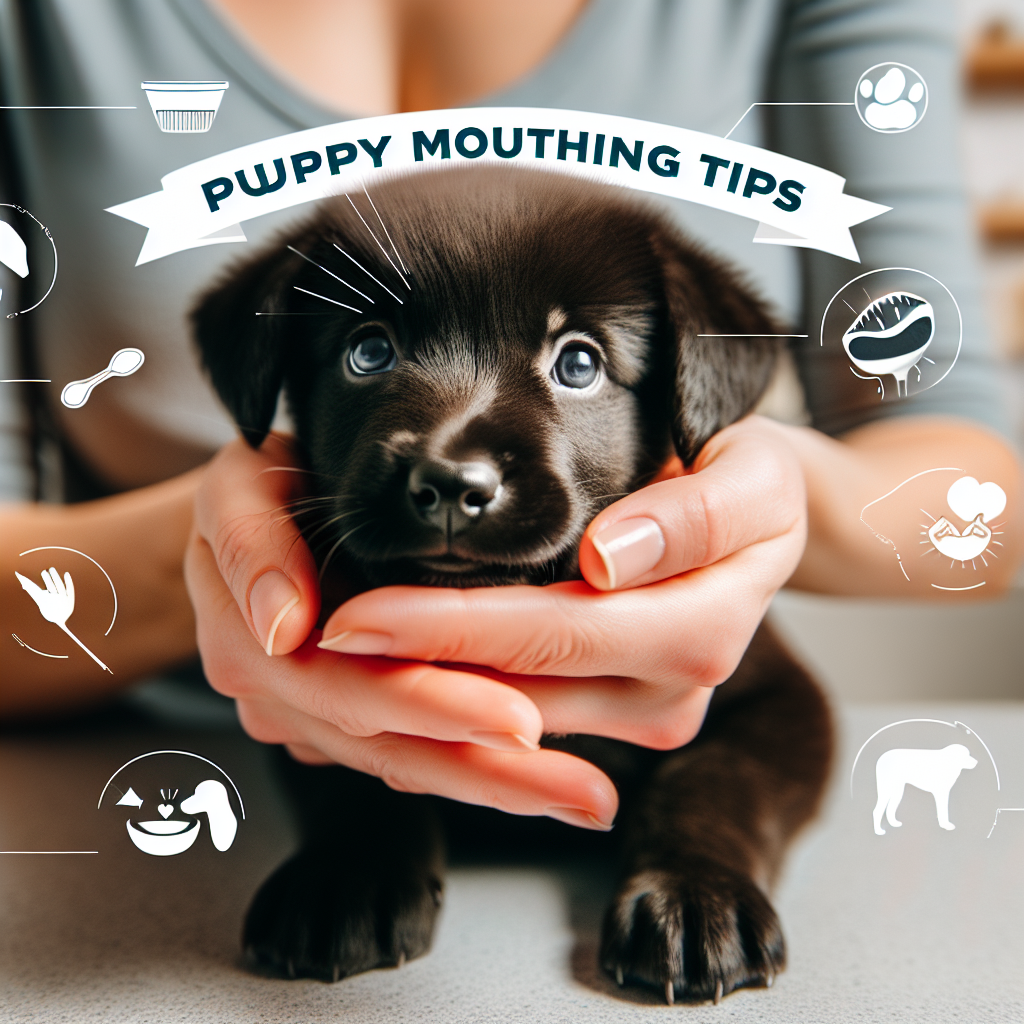Mastering Manners: Expert Tips for Curbing Puppy Mouthing Behavior
- Adrian Rybicki
- Sep 21, 2024
- 2 min read
Puppies are undeniably adorable, but their tendency to use their mouths to explore the world can sometimes lead to unwanted behaviors. As a responsible pet owner, understanding how to effectively address and curb puppy mouthing is crucial for fostering a well-behaved and harmonious relationship with your furry companion. In this post, we'll delve into expert tips to help you navigate and manage puppy mouthing behavior with confidence.
Why Do Puppies Mouth?
Puppy mouthing is a natural behavior that stems from their innate instincts. Puppies explore their surroundings through their mouths, much like human infants do. Additionally, mouthing is a way for puppies to communicate and play with their littermates. However, this behaviour can become problematic if not properly addressed.

Tip 1: Teach Self control around play
One of the essential tools in curbing puppy mouthing is teaching bite inhibition. Puppies need to learn how to control the pressure of their jaws to prevent unintentional harm. The best way for this is to teach them some self control on toy play. Working on a retrieve, drop and sit + wait can help with training but also give the pups some much needed mental stimulation.
Tip 2: Provide Appropriate Chew Toys
Redirecting your puppy's mouthing behavior towards chew toys is another effective strategy. Ensure you have a variety of chew toys available that are suitable for your puppy's age and chewing strength. Encourage your puppy to chew on these toys by engaging in interactive play sessions.
Tip 3: Consistent Training and Positive Reinforcement
Consistency is key when it comes to training your puppy. Be diligent in reinforcing appropriate behaviour and redirecting unwanted behaviour. Reward your puppy with treats, praise, or playtime when they exhibit good manners and refrain from mouthing. Positive reinforcement helps your puppy understand what behaviors are desirable.
Tip 4: Stay Calm and Avoid Harsh Punishments
It's important to stay calm and patient when addressing puppy mouthing. Avoid using harsh punishments or physical corrections, as this can damage the trust and bond between you and your puppy. Instead, focus on redirecting their behavior and providing positive guidance.
Tip 5: Socialisation and Training
Socialisation and training are key components of raising a well-behaved puppy. Exposing your puppy to various environments, people, and other animals from a young age can help reduce mouthing behavior driven by fear or anxiety. Training will also strengthen your bond with your puppy and establish clear communication.
In Summary
Mastering puppy manners, particularly when it comes to curbing mouthing behavior, requires patience, consistency, and positive reinforcement. By understanding why puppies mouth, teaching bite inhibition, providing appropriate chew toys, consistent training, staying calm, and focusing on socialisation and training, you can effectively address and manage this natural behavior.
Remember, every puppy is unique, and progress may take time. By implementing these expert tips and approaches, you'll be well on your way to guiding your puppy towards developing good manners and fostering a strong and loving bond between you and your furry companion. Happy training!









































Comments